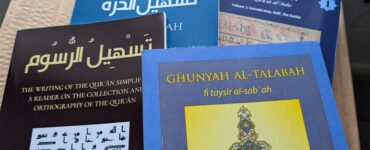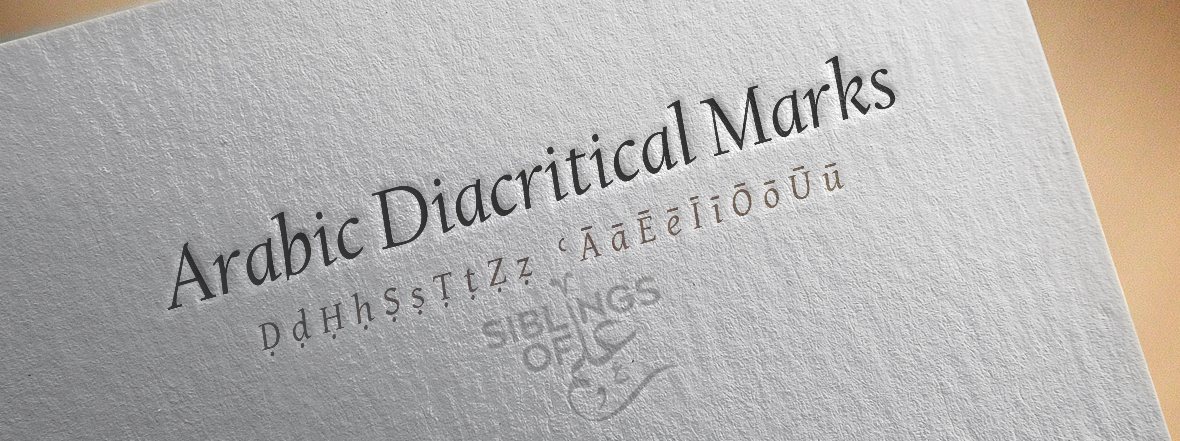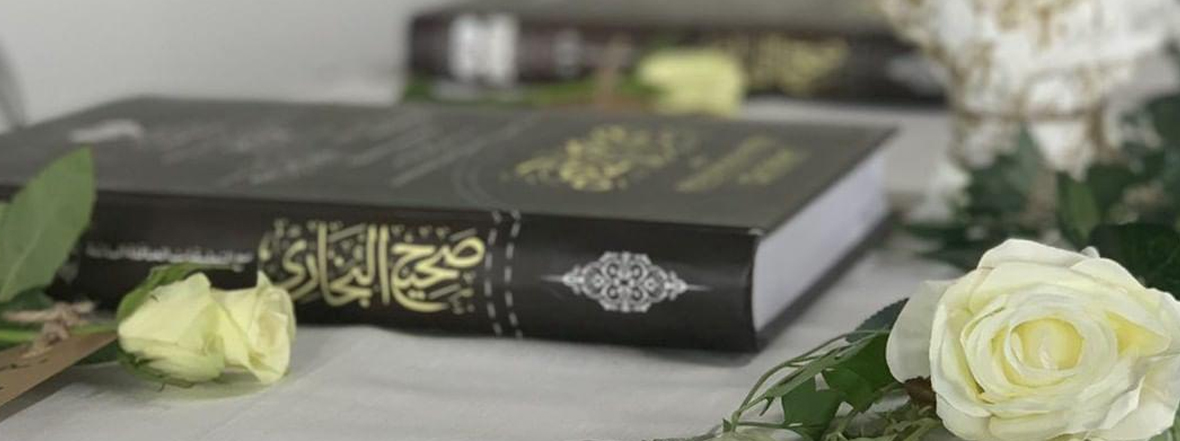This question is something that I’ve always wanted to find the answer to. Since starting my journey in learning the Quran and related sciences I’ve always been intrigued by the nature of the Quran and how this book was and is a way of life for Muslims throughout the years.
But, I’ve always felt that learning Arabic didn’t really make it much different from a person being able to read a good translation of the Quran.
Don’t get me wrong when I learnt the Arabic language I was able to understand the Quran directly especially when it comes to playing the recitation of a world-renowned Qaris [recitors] or at night when I’m sitting alone going through verses. Its a feeling I would give up for anything Alhamdulillah. But when I read a translation I saw that I understood certain details better than my understanding of it through Arabic.
So I began to think ‘is this how others feel as well?’ If so then what is the reason? So I came to realise that my understanding of the Quran or Classical Arabic is just a ‘translator’ understanding. I couldn’t grasp the expressions like I understand my mother when she speaks to me in my mother tongue?
So I would test my self by reading Arabic literature from around about the time of the revelation of the Quran. So I saw that I could understand a lot of the Quran but found the latter to be very challenging.
Another way I test myself is to read Classical Arabic Humour and if it makes me giggle inside then that’s a good sign otherwise I still have some way to go.
That’s when it hit me! I can’t feel the subtle differences in expressions of the Quran as I can when I communicate in my own language. This is probably why a lot of students today find the Quran better explained to them in their language in order to fully grasp the words.
The Quran for many students of knowledge is treated like a textbook that’s disconnected from daily life. They see the Quran primarily as a book that serves as a source for the various sciences, which is obviously key to being able to elaborate the content of the Quran and preserve the Shariah.
The consequence of this is that many students only see the Quran as a purely academic book for their grammar, Fiqh, and other sciences endeavours.
The Quran was a book that people felt, lived, spoke, discussed, quoted and recited. When its verses were revealed it was more relevant to them than the breaking news flashes are relevant to us today.
It became a personal guide for everyone educating them in prayers, on the pulpits, in the four walls of their homes and on their journeys. They learnt it and taught it and made an effort to make it the core of their day.
It was a book that shook their hearts, left them pondering and removed the veils of injustice from their eyes.
So now the question remains how can I achieve this?
These are some of the steps that I’ve found to be very helpful:
1. Study and read as much classical Arabic as you can.
2. Appreciate the subtle differences between the use of Arabic over the centuries and its changes.
3. Understand the various descriptions of things in ancient Arab society according to the early Arabs.
4. Compare similar verses that have small differences between them.
5. Try to listen to explanations of the above in Arabic to sharpen listening skills.
Written by Mufti Liaquat Zaman






